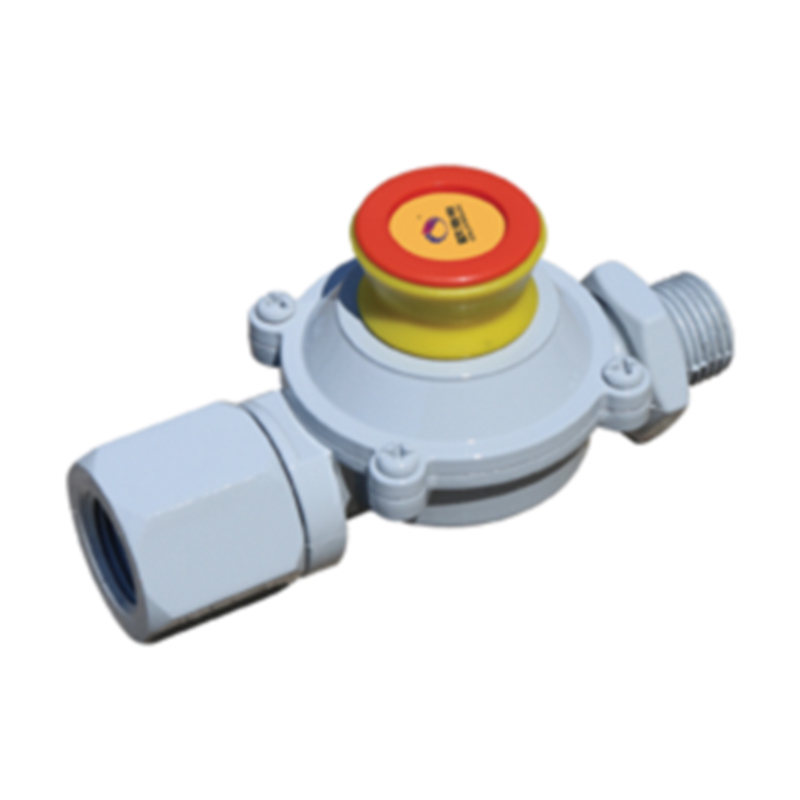
Dec . 03, 2024 12:50
Back to list
gas heat exchanger
Gas Heat Exchangers An Essential Component for Efficient Energy Transfer
Gas heat exchangers play a crucial role in various industrial processes and applications, serving as vital equipment for efficient energy transfer. These devices facilitate the exchange of heat between two or more gases or between gas and a solid surface, promoting energy conservation and improving operational efficiency. As industries strive to enhance sustainability and reduce energy consumption, the importance of gas heat exchangers continues to grow.
Understanding Gas Heat Exchangers
At its core, a gas heat exchanger is a device designed to transfer heat from one gas to another without mixing them. This process can be essential in heating, cooling, or recovering heat from exhaust gases. Gas heat exchangers are widely utilized in power generation, chemical processing, HVAC systems, and various manufacturing sectors. By utilizing heat recovery, these systems reduce energy requirements and lower operational costs.
The design of gas heat exchangers can vary significantly depending on specific applications. Common types include shell-and-tube, plate, and finned-tube heat exchangers. Each type has its advantages and is selected based on factors such as temperature differences, pressure drops, and the nature of the gases involved.
Applications of Gas Heat Exchangers
Gas heat exchangers find applications across several industries. In power plants, for example, they are employed to recover waste heat from flue gases, converting it into useful heat for preheating feedwater or enhancing boiler efficiency. Such heat recovery systems not only increase the overall efficiency of the plant but also help in reducing greenhouse gas emissions.
In the chemical industry, gas heat exchangers are critical in various processes, from controlling reaction temperatures to facilitating gas cooling and heat recovery in distillation columns
. Their ability to maintain precise temperature control is essential for maximizing yield and ensuring product quality.gas heat exchanger

HVAC systems also make extensive use of gas heat exchangers. In heating applications, they transfer heat from combustion gases to the air or water used in space heating. In cooling applications, they help dissipate heat from the indoor environment, improving thermal comfort while maintaining energy efficiency.
Benefits of Gas Heat Exchangers
The use of gas heat exchangers brings numerous benefits. Primarily, they enhance energy efficiency by recovering and reusing waste heat that would otherwise be lost to the atmosphere. This process not only decreases fuel consumption and operational costs but also minimizes environmental impact.
Moreover, gas heat exchangers contribute to improved system performance. By optimizing thermal management and temperature control, they enable processes to run more smoothly and reliably. Additionally, their ability to withstand high temperatures and pressures makes them suitable for harsh industrial environments.
Another significant advantage is the reduction of emissions. By increasing energy efficiency and utilizing waste heat, gas heat exchangers can lower the carbon footprint of industrial operations. This aligns with the global movement towards sustainability and regulatory requirements aimed at reducing emissions of greenhouse gases.
Future Trends
As technology advances, the design and performance of gas heat exchangers are continuously evolving. Innovations such as advanced materials, enhanced geometries, and smart monitoring systems are being integrated into their designs, resulting in even greater efficiency and reliability. Furthermore, the increasing focus on renewable energy sources and carbon capture technologies may expand the application and significance of gas heat exchangers in future energy systems.
In conclusion, gas heat exchangers are integral components in modern industrial applications, promoting energy efficiency, reducing operational costs, and minimizing environmental impact. Their versatility across various industries highlights their importance in achieving sustainable industrial practices. As technology progresses, the role of gas heat exchangers will likely expand, making them even more critical in the pursuit of energy efficiency and environmental sustainability.
Next:
Latest news
-
Safety Valve Spring-Loaded Design Overpressure ProtectionNewsJul.25,2025
-
Precision Voltage Regulator AC5 Accuracy Grade PerformanceNewsJul.25,2025
-
Natural Gas Pressure Regulating Skid Industrial Pipeline ApplicationsNewsJul.25,2025
-
Natural Gas Filter Stainless Steel Mesh Element DesignNewsJul.25,2025
-
Gas Pressure Regulator Valve Direct-Acting Spring-Loaded DesignNewsJul.25,2025
-
Decompression Equipment Multi-Stage Heat Exchange System DesignNewsJul.25,2025

